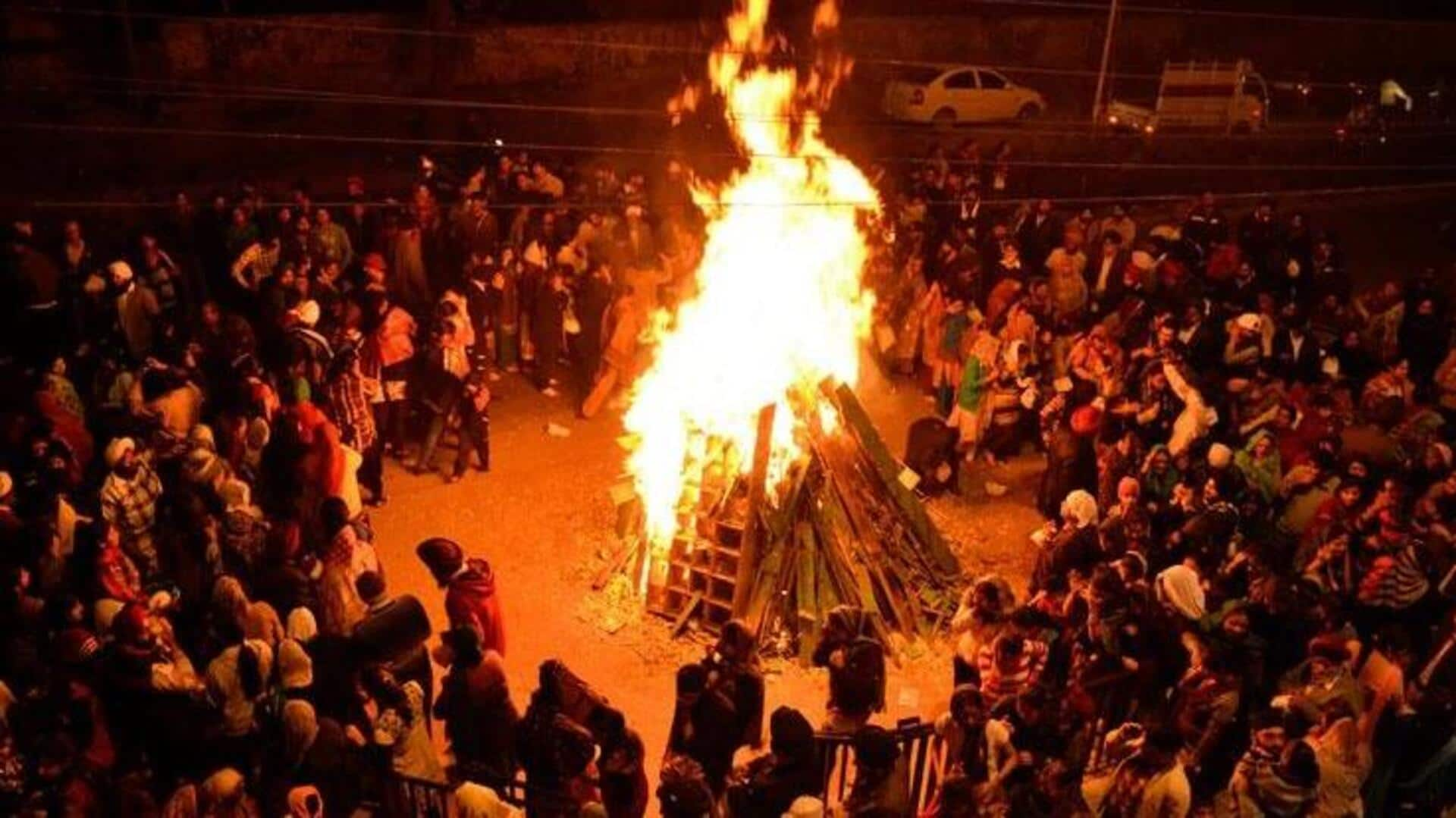
A look into the grain festivals in India and Japan
What's the story
Grain festivals in India and Japan are colorful celebrations that highlight the vital role of agriculture in both cultures.
These festivals not only pay tribute to the earth's bounty but also foster a sense of community through rituals, dances, and feasts.
This article delves into the rich traditions and practices of grain festivals in these two countries, shedding light on their importance and the joy they bring to communities.
Tradition
Makar Sankranti: Kite flying and sweet delights
Makar Sankranti is a significant harvest festival observed throughout India, signifying the sun's movement into Makara (Capricorn).
It is celebrated on January 14 annually.
In Gujarat, the festival is celebrated by flying kites, while in Tamil Nadu, Pongal, a sweet dish made from newly harvested rice boiled with milk and jaggery (unrefined sugar), is prepared.
The festival underlines the importance of expressing gratitude to nature for its bountiful resources.
Unity
Tanabata: The star festival of Japan
Tanabata (July 7) is a special day in Japan when people celebrate the once-a-year meeting of two deities (represented by stars) who are star-crossed lovers separated by the Milky Way and only allowed to reunite on this day.
People pen down their wishes on tanzaku (small pieces of paper) and hang them on bamboo branches.
The festival embodies hope, dreams, and the mystical connection between heaven and earth.
Harvest
Baisakhi: The Punjabi New Year
In Punjab, India, Baisakhi is a religious and cultural festival celebrated on April 13th or 14th.
It signifies the Sikh New Year and also commemorates the establishment of Khalsa Panth by Guru Gobind Singh in 1699.
Farmers express gratitude for a bountiful harvest and pray for future abundance.
Parades, dancing (Bhangra), and singing are essential aspects of Baisakhi celebrations.
Gratitude
Niiname-sai: Giving thanks for rice harvest
Nii-name sai or Shinjo-sai is an imperial ritual conducted annually on November 23 in Japan.
The ceremony involves offering freshly harvested rice to deities, along with prayers for peace and prosperity across the nation.
This solemn ritual highlights the profound cultural significance of rice as a staple food, fostering a sense of gratitude towards divine forces for the blessings of the harvest.
Celebration
Lohri: A winter bonfire festival
Celebrated on January 13, Lohri signifies the conclusion of the winter solstice (the shortest day and longest night of the year) in Punjab.
It involves bonfires, folk songs, and dances that celebrate fertility and the warmth of the sun.
By exchanging sweets such as gajak, sesame seeds, jaggery, and peanuts, participants cultivate a sense of community and togetherness amid the chilly winter season.